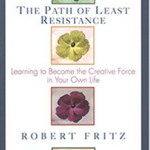“Who are the people who make you think and laugh? Be the person who takes the initiative and reach out to them.”
—Michael Bungay Stainer discussion with Chip Conley
I believe the quality of our lives is highly correlated with what we do and those with whom we do them.
For most of us, it is often difficult spending all the time we wish with our favorite people.
We trade our valuable time for other priorities, and often must compromise and settle.
EXERCISE:
How often do you take the initiative to reach out and stay connected to the special people who make you smile and keep you on your toes?
How can you let these people know how important they are so they can also take the initiative to pull you away from people and things not meant for you?












